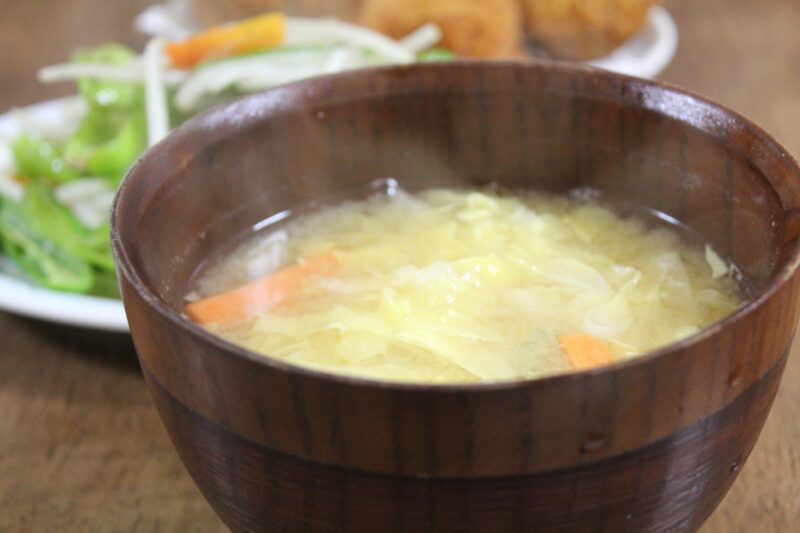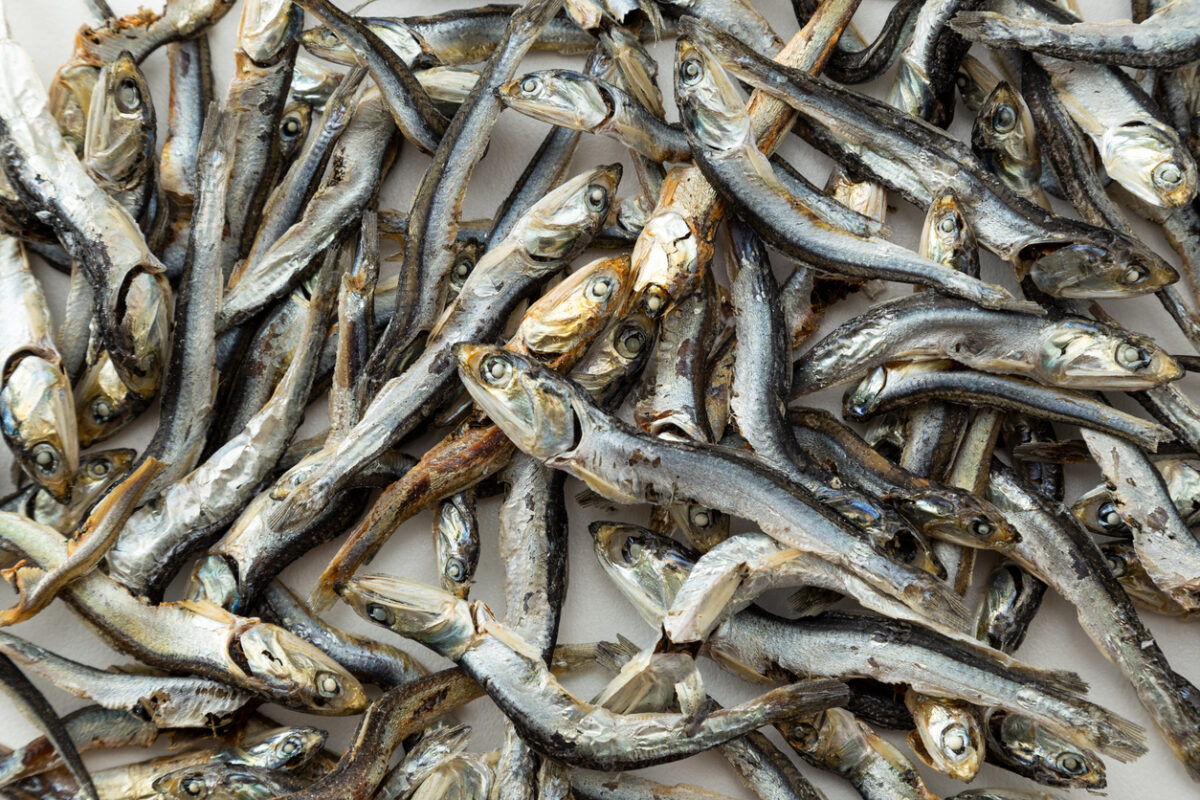The Menopause-Bone Health Connection: Why It Matters
Bone density naturally declines after menopause due to reduced estrogen levels. For many women, this leads to osteoporosis or fractures later in life. Western medicine often turns to drugs like bisphosphonates, but long-term side effects such as digestive issues or jawbone problems make some women seek alternatives.
Japanese women experience fewer osteoporosis-related issues, despite having lower calcium intake than Westerners. Why? The answer lies in their traditional diet and lifestyle.
Traditional Japanese Foods That Support Bone Strength
Japanese meals center around nutrient-rich, minimally processed ingredients. Several of these foods play a crucial role in promoting bone health.
Regular Fish: Rich in Vitamin D and Omega-3s
Fish like salmon, mackerel, and sardines appear regularly in Japanese meals. These fatty fish provide vitamin D, which enhances calcium absorption, and omega-3 fatty acids, which reduce inflammation that can weaken bones. Grilled or simmered fish is a common dish in Japan, offering both taste and health.
Small Fish: Tiny Bones, Big Benefits
Small fish like shirasu (whitebait), niboshi (dried baby sardines), and chirimen jako (semi-dried anchovies) are often eaten whole—bones and all. These foods are calcium powerhouses, as eating the entire fish includes the bones.
For example, a tablespoon of chirimen jako can offer over 50 mg of calcium. Japanese people commonly sprinkle them over rice or mix them into salads.
In North America, small dried fish are available at Asian grocery stores or online through sites like Umami Insider or Amazon. Look for items labeled “shirasu,” “niboshi,” or “dried anchovies.”
Fermented Soy and Bone Health: The Power of Isoflavones
Soy is a cornerstone of Japanese cuisine. Fermented soy products like miso and natto offer unique bone-supporting benefits.
Miso Soup: Everyday Bone Support
Miso is rich in minerals and provides a mild source of phytoestrogens. These compounds mimic estrogen in the body, helping to maintain bone density. Miso soup, often eaten daily in Japan, is a gentle, warming way to support hormonal balance.

Natto: Fermented Powerhouse
Natto, a sticky fermented soybean dish, contains vitamin K2, which plays a key role in calcium metabolism. It directs calcium to the bones and away from arteries, reducing fracture risk and supporting cardiovascular health.
You can find natto in the freezer section of many Asian supermarkets in the U.S., or purchase it online. Its taste and texture are unique, but many acquire a liking for it over time.
Lifestyle Habits in Japan That Promote Bone Resilience
Natural Movement and Weight-Bearing Activities
Japanese women often engage in daily walking, squatting, and floor-sitting—simple activities that naturally load the bones. Unlike sedentary Western lifestyles, these movements keep bones stimulated and strong.
Sunlight and Vitamin D Production
Getting moderate sunlight is part of life in Japan, especially among older adults who garden or walk outdoors. This exposure helps the body produce vitamin D, vital for bone health.

Low-Sodium, Balanced Diet
Japanese meals avoid heavy salt and sugar use. High sodium can lead to calcium loss in urine, weakening bones. Their diet includes sea vegetables like hijiki and wakame, which are rich in minerals.
How You Can Apply Japanese Wisdom to Your Diet
You don’t need to overhaul your entire eating pattern. Instead, adopt a few simple, sustainable habits inspired by Japanese culture.
- Add a small serving of grilled fish to your weekly meals.
- Try miso soup as a savory breakfast or light dinner.
- Sprinkle dried small fish over salads or rice bowls.
- Include fermented soy foods like miso or natto.
- Spend time outside daily to boost vitamin D naturally.
If you seek additional support, consider natural supplements. For example, Juveriente® Bone Strength Complex contains a unique Japanese mandarin extract rich in beta-cryptoxanthin, a phytonutrient studied for its potential to support bone metabolism and reduce inflammation. Learn more about it here.
By blending these traditional Japanese elements into your lifestyle, you can protect your bones and overall vitality—naturally and gently.
The natural bone strength complex made from Satsuma mandarin orange
Juveriente®’s Bone Strength Complex provides you the above all 3 essential nutrients for bone health along with a Japanese bone health support food extract.
That main functional ingredient is simply an extract of a Japanese popular citrus fruit!! Needless to say, it is better to try a natural food before jumping to strong medicines. Though natural and gentle, it has garnered a lot of amazing reviews in Amazon since its launching in 2016.
If you like to try multi-vitamin supplement, how about adding the natural bone therapy fruit extract with Juveriente® Bone Strength Complex?
Please learn details in our product page.








